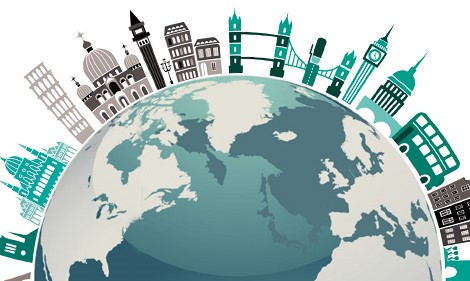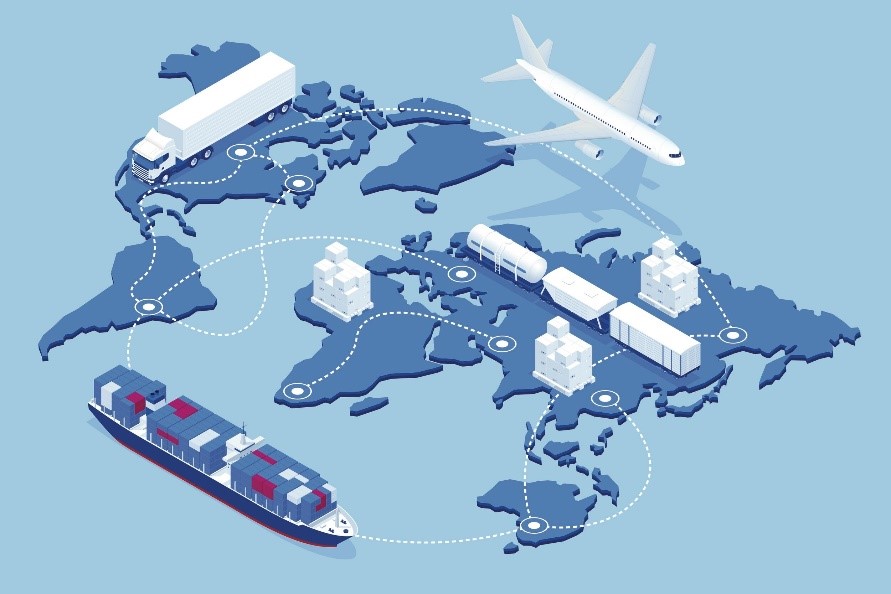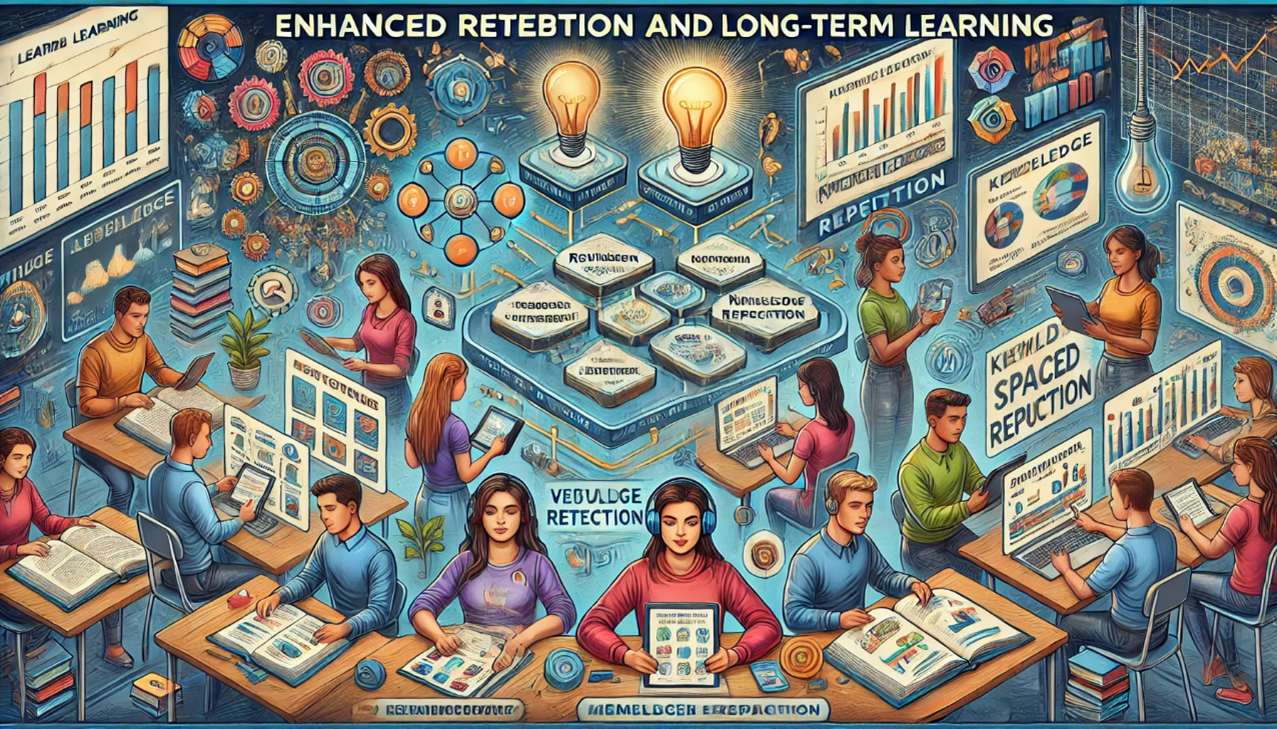How has globalization contributed to economic growth in developing nations?

How has globalization contributed to economic growth in developing nations?
by Maximilian 11:16am Jan 11, 2025

Globalization has played a pivotal role in driving economic growth in developing nations by fostering increased connectivity, trade, and investment. Here are the key ways globalization has contributed to economic growth in these countries:
1. Access to International Markets
Export Opportunities: Globalization enables developing nations to sell their goods and services to a broader, global market, increasing revenue and economic activity.
Specialization and Comparative Advantage: Countries can focus on industries where they have a competitive edge, boosting productivity and trade.

2. Foreign Direct Investment (FDI)
Capital Inflows: Multinational corporations often invest in developing nations, bringing in capital to fund infrastructure, businesses, and industrial development.
Technology Transfer: FDI often includes the introduction of advanced technologies, production methods, and expertise that enhance productivity and efficiency.
Job Creation: Investments from foreign companies help create jobs and improve living standards in host countries.
3. Integration into Global Supply Chains
Participation in Production Networks: Developing nations have become essential parts of global supply chains, particularly in industries like manufacturing, textiles, and technology.
Economic Diversification: Integration reduces reliance on a single sector, promoting more resilient economies.

4. Improved Access to Resources and Technology
Advanced Technologies: Globalization allows developing nations to adopt and adapt modern technologies, improving efficiency and innovation.
Knowledge Sharing: Partnerships with developed nations and international organizations facilitate knowledge transfer and skill development.
5. Boost in Infrastructure Development
Development Projects: International trade and investment often fund critical infrastructure projects, including roads, ports, and energy facilities, which are vital for economic growth.
Urbanization: As countries globalize, cities expand, creating hubs of economic activity and attracting further investment.
6. Increased Consumer Choices and Standards
Access to Global Goods: Consumers in developing countries benefit from a wider range of products at competitive prices.
Quality Standards: Exposure to international markets pushes domestic companies to meet higher quality and safety standards.
7. Growth in Service Industries
Outsourcing Opportunities: Industries like IT, customer service, and finance have seen rapid growth due to globalization, with developing nations becoming key outsourcing destinations.
Tourism: Improved global connectivity has boosted tourism, creating jobs and contributing to GDP.
8. Reduction in Poverty
Higher Incomes: Increased economic activity and job creation have lifted millions out of poverty in countries like China, India, and Vietnam.
Social Mobility: Opportunities provided by globalization enable individuals to improve their socio-economic status.
9. Global Cooperation and Aid
Trade Agreements: Participation in international trade agreements has provided developing nations with preferential access to global markets.
Development Aid: Globalization has facilitated financial and technical aid from developed nations and international organizations, supporting economic reforms and poverty alleviation.

Challenges and Considerations
While globalization has driven economic growth, it is not without challenges:
Income Inequality: Benefits are often unevenly distributed, leading to disparities within and between countries.
Dependency Risks: Over-reliance on foreign investment or export markets can make economies vulnerable to external shocks.
Environmental Concerns: Rapid industrialization and resource exploitation can have significant environmental costs.
By connecting developing nations to the global economy, globalization has catalyzed economic growth, created opportunities, and improved living standards for millions. However, its benefits must be managed to ensure sustainable and inclusive growth.






